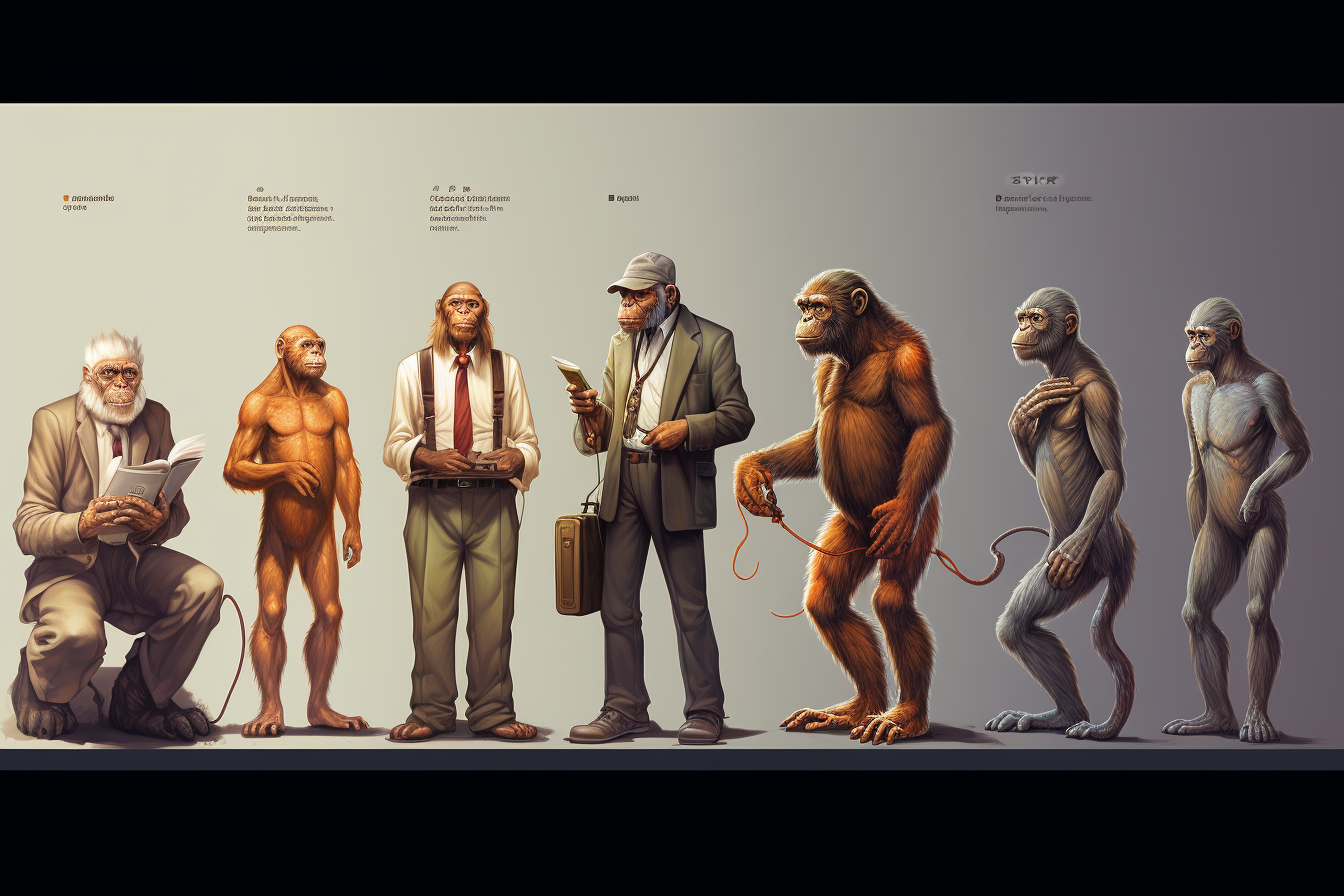Darwinism
Darwinism is a term often used to describe the theory of biological evolution developed by the naturalist Charles Darwin. Darwin’s theory suggests that all species of organisms arise and develop through the natural selection of small, inherited variations that increase the individual’s ability to compete, survive, and reproduce. Darwin defined evolution as “descent with modification,” emphasizing that species change over time, give rise to new species, and share a common ancestor.
Darwin’s original theory was based on several key principles, including the idea that there is variation in all forms of life, the concept of heredity which transmits similar forms from one generation to another, and the struggle for existence which determines which variations are advantageous in a given environment, thus altering species through selective reproductive rates.
However, it’s worth noting that the term “Darwinism” is considered by some modern science writers to be an outdated and inappropriate term for contemporary evolutionary theory. This is partly because Darwin, writing in the 19th century, did not have knowledge of genetic drift, for instance, or the work of Gregor Mendel on heredity, which later became foundational for the modern synthesis of evolutionary biology, often referred to as neo-Darwinism. This modern understanding of evolution integrates Darwin’s theory with subsequent discoveries in genetics and molecular biology.
In the cultural and historical context, the term has also been used in different ways, sometimes extending beyond biology to social and political ideologies, such as Social Darwinism, which misapplied biological concepts to justify certain political, economic, and social policies.
For a more detailed understanding of Darwinism, its historical context, and its evolution into modern evolutionary theory, refer to sources like Britannica【10†source】 and Wikipedia【9†source】.


